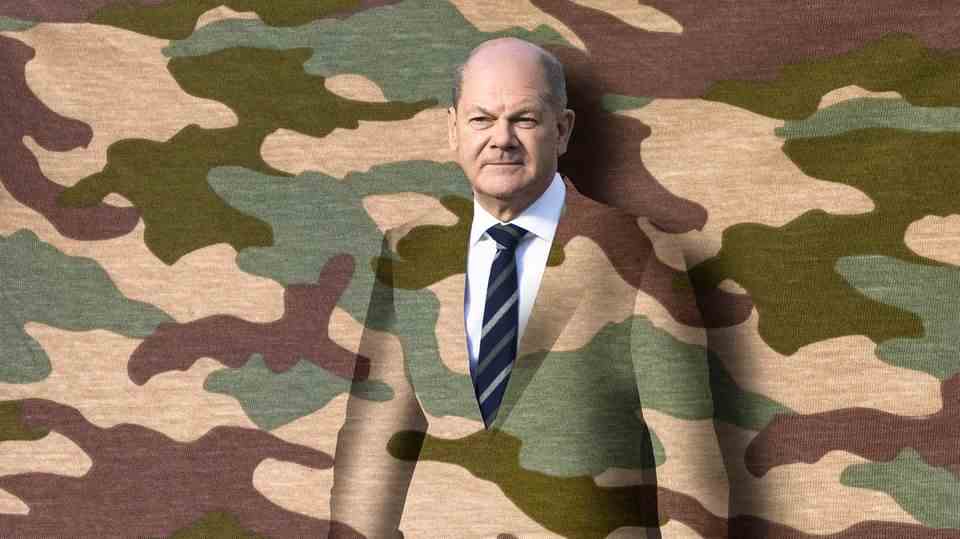opinion
Pros/Cons
Scholz and the tanks: Hesitation is not a sign of weakness
At the World Economic Forum in Davos, Olaf Scholz said something about many things, but he didn’t really want to talk about tank deliveries
© Fabrice COFFRINI / AFP
Chancellor Olaf Scholz is coming under increasing pressure with his reluctance to deliver tanks to Ukraine. But good decisions are rarely made under pressure.
Olaf Scholz is under pressure. But as it is with Olaf Scholz, you don’t notice it. In Davos on Wednesday he gave a speech about all sorts of things – just not about the topic that everyone else really wanted to know about: the delivery of heavy battle tanks to Ukraine. The tenor in the German media was quite homogeneous afterwards: When will Germany finally give its okay that other countries can leave Leopard main battle tanks to Ukraine? Or even better: When will Germany deliver heavy equipment itself? But it’s not that simple.
One thing is clear: Russian President Vladimir Putin has invaded Ukraine and is waging a bloody war of aggression there. That is why Germany is helping – also with weapons. But the question of how far this help should go is by no means so clear.
For decades there was a clear stop signal on the subject of arms deliveries in Germany: no arms are delivered to war zones. Point. The traffic light government has moved away from this position in recent months for understandable reasons. At the turn of the century, Scholz calls it somewhat pathos-laden. Only its turning circle has yet to be defined.
Russia remains a nuclear power and the conflict extremely dangerous
Don’t get me wrong: Of course, Russia must not get away with attacking Ukraine. But even at the risk of sounding hackneyed: Russia is a nuclear power and the conflict is therefore enormously dangerous. This has been said many times over the past few months, but it doesn’t make it any less true or timely. The war in Ukraine can – at least theoretically – escalate massively. How far Scholz’ turning point should ultimately go is therefore not an annoying detail that can be decided in between. True to the motto: If we’ve come this far, we must go further.
Heavy tanks would greatly strengthen Ukraine. Perhaps even to the extent that it could recapture areas lost in the war. Territories that the man in the Kremlin mistakenly considers Russian. No one knows how he would react to that – maybe not even Putin himself (yet). So Scholz’s decision could have far-reaching consequences. I much prefer a chancellor who takes his time and weighs things up better than one who allows himself to be driven to hasty decisions by international pressure.
No matter what decision is made in the end, just the fact that someone is taking their time to weigh things up is not a sign of weakness. It only shows that Scholz knows the importance of his decision.
Incidentally, my colleague Thomas Krause sees it differently. You can read his opinion on this here.



